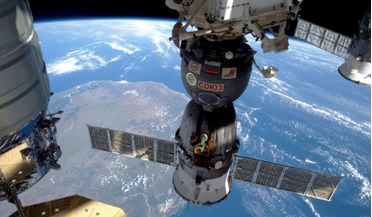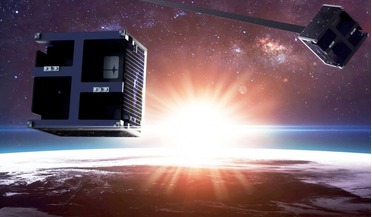 05 August 2019
Weaponised satellites to be part of new space force says France
05 August 2019
Weaponised satellites to be part of new space force says France
... on 26 July. The minister did emphasise however that France has no intention of violating the international Outer Space Treaty of 1967 which prohibits the testing of weapons of mass destruction or nuclear weapons in orbit. Neither do they want...
 August 2016
Space stations - drivers of cooperation
August 2016
Space stations - drivers of cooperation
... of disputes around the world are territorial and since prevailing space legislation, particularly Article I and II of the Outer Space Treaty 1967, forbid claims to sovereignty in space, it would seem to make sense to drop the Westphalian concept...
 July 2018
Rediscovering UK sovereign launch capability
July 2018
Rediscovering UK sovereign launch capability
...rather than the definitive last word on the regulation of space activities within the UK The central trunk of international space law is the Outer Space Treaty 1967. That treaty places requirements on individual signatory States to authorise, licence...
 May 2019
Active debris removal faces legal minefield
May 2019
Active debris removal faces legal minefield
.... First, the principle of non-intervention, as part of general international law, applies to outer space activities in virtue of Article III of the Outer Space Treaty (OST). What is more, according to sentence one of Article VIII of the OST, “a State...
 September 2020
Tackling space debris - a global priority
September 2020
Tackling space debris - a global priority
... Age, the spacefaring nations conducted operations according to their own rules or their interpretation of the Outer Space Treaty of 1967. As a result, space and the Earth’s orbital regimes were treated as a vast and unlimited resource, and both GEO...
 October 2020
Extending human rights across the final frontier
October 2020
Extending human rights across the final frontier
... have predicated doubts over the continuing utility of the longstanding international legal framework in space, founded around the terms of the 1967 Outer Space Treaty, which has governed the conduct and activities of United Nations member states...